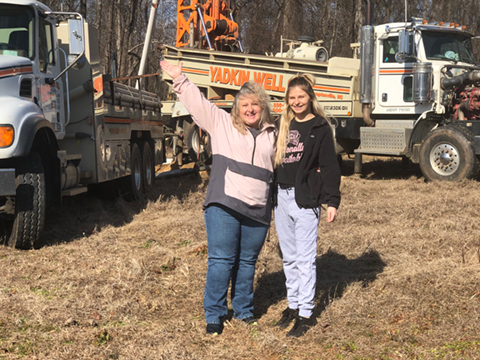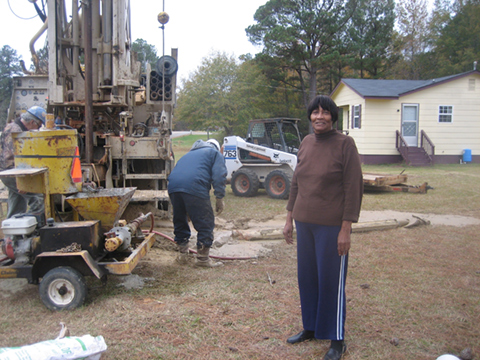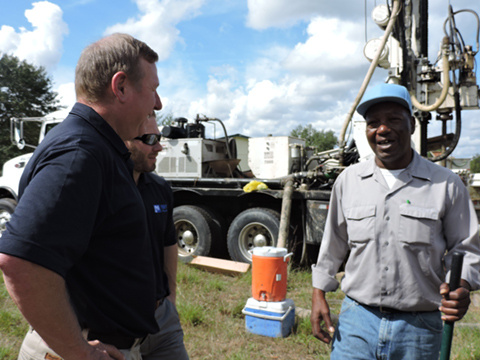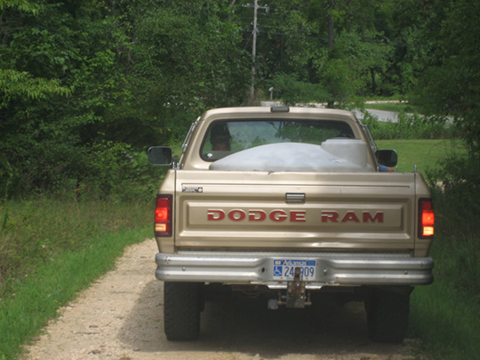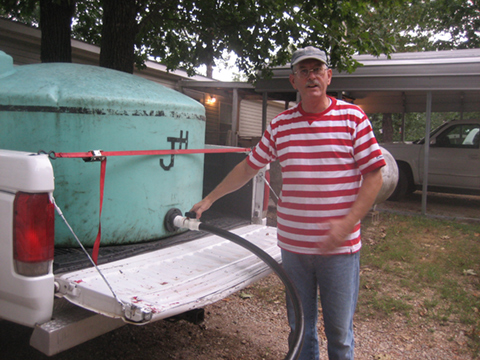The Water Well Trust, the only national nonprofit helping low income Americans get access to a clean, safe water supply, announced the completion of its 100th water well since the program began in 2012.
Funded by USDA Household Water Well System grants and matching funds from Water Systems Council member companies, the Water Well Trust provides low-interest loans for wells for impoverished households where the cost to local governments to supply water to these households is prohibitive.
The 100th water well was recently completed in New Mexico. The Water Well Trust has also provided funding for drilling 40 wells in Georgia, 29 wells in Arkansas, 20 wells in South Carolina, three wells in New York, two wells each in New Mexico and Texas, and one well each in Delaware, Louisiana, Missouri, and Pennsylvania.
The 100 wells are serving the water supply needs of 240 individuals in 10 states, including 98 men, 95 women, 79 minor children, 25 elderly, and 28 disabled Americans. The Water Well Trust limits funding to a maximum of $11,000 per household. Loans have an interest rate of 1% with terms of up to 20 years.
The current Water Well Trust project is expected to provide 25 water wells in nine southern New Mexico counties, including Catron, Socorro, Grant, Sierra, Luna, Hildalgo, Dona Ana, Otera, and Chaves. These areas include “Colonias,” which are non-zoned dwelling areas that do not meet current building code standards. Many Colonias do not have access to a safe water supply and need improved water well systems.
The Water Well Trust maintains a wait list of American households requesting funding for the drilling of new wells or rehabilitation of non-functioning wells in high-need, low-resource rural areas. Prospective applicants can download the application form or apply online.
The Water Well Trust is a 501(c)3 organization created by the Water Systems Council and serves Americans living primarily in rural, unincorporated areas or minority communities that may be isolated and difficult to reach, assisting low income families that cannot afford to pay for public water supplies and those who live in areas where the extension of public water supplies to serve them doesn’t make economic sense.





